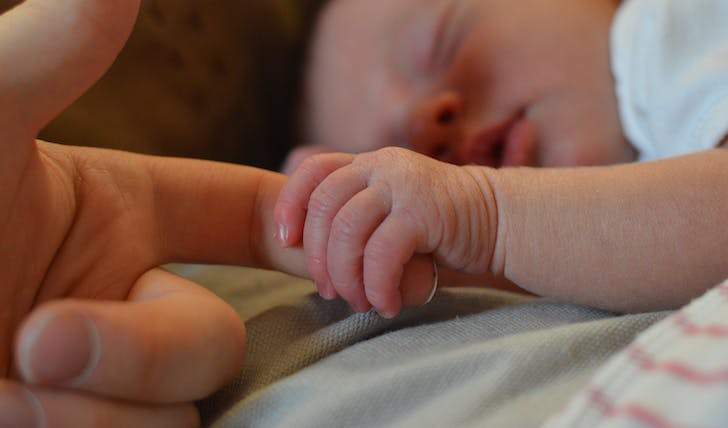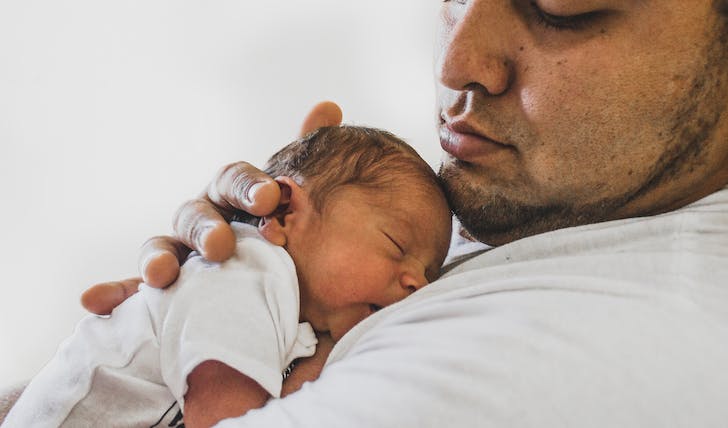The journey of a premature newborn is fraught with challenges, but a revolution in neonatal care is making a significant difference. However, this revolution is not about cutting-edge technology or new medications. It is about something surprisingly simple yet profoundly impactful: The healing power of a parent's touch.
Let's explore how immediate body contact between parents and their preemie newborns is reshaping the landscape of neonatal care.
A Gentle Embrace With Lifesaving Benefits
This practice, commonly known as "kangaroo care," involves parents holding their premature newborns skin-to-skin. This method does more than provide a warm hug. It is a critical component of the baby's developmental journey.

Olek / Pexels / Scientific studies show that preemie newborns can thrive if their parents make instant physical contact with them right after birth.
Through this contact, the infant's physiological systems, such as heart rate and breathing, are stabilized. Essentially, it is a method that intertwines the emotional and physical well-being of both the baby and the parents.
The Science Behind Kangaroo Care
The benefits of kangaroo care are rooted in science. When a premature baby is held closely by their parents, there is a notable improvement in their bodily functions. These babies show enhanced stability in their heart rates, breathing, and body temperature. The skin-to-skin contact is not just soothing--it is physiologically regulating.
The release of hormones like oxytocin during this contact plays a critical role in bonding and can even aid in the mother's milk production. Every moment is precious in the life of a preemie. And kangaroo care helps maximize these moments. Studies have linked regular skin-to-skin contact with improved neurological development and cognitive abilities in premature babies.

Wayne / Pexels / As parents make skin-to-skin contact with their preemie newborns, their bodies show a notable improvement. Studies suggest.
The practice also contributes to better sleep patterns, essential for the baby's growth and overall development.
Soothing Minds, Building Bonds
The mental health impact of kangaroo care is profound for both the baby and the parents. Parents of premature babies often grapple with stress and anxiety. Engaging in kangaroo care helps alleviate these feelings, providing a sense of empowerment and enhancing parental confidence.
In turn, this helps them develop monumental physical and mental growth. However, implementing kangaroo care, especially in a busy neonatal intensive care unit (NICU), can be complex.
It requires coordination and commitment from both healthcare professionals and parents. Parents may need support to become comfortable with handling their fragile baby, considering the medical equipment involved. Despite these challenges, the benefits make the effort worthwhile.

Laura / Pexls / For the baby, the comfort of being held close leads to less crying and more emotional stability.
The adoption of kangaroo care is becoming a global phenomenon. Hospitals around the world are incorporating this practice into their neonatal care protocols. In regions with limited access to advanced medical technology, kangaroo care has become an invaluable, life-saving technique.
Transforming Neonatal Care Through Parental Involvement
Immediate body contact with parents transforms the neonatal care experience. It shifts the focus from a purely medical approach to one that recognizes the critical role of human touch and parental involvement in the healing and development process. This approach is empowering for parents and beneficial for the baby’s overall well-being.
Thus, this simple act of holding a baby close is not just comforting. It is a therapeutic tool with far-reaching implications for the baby's development and the family's emotional health.





